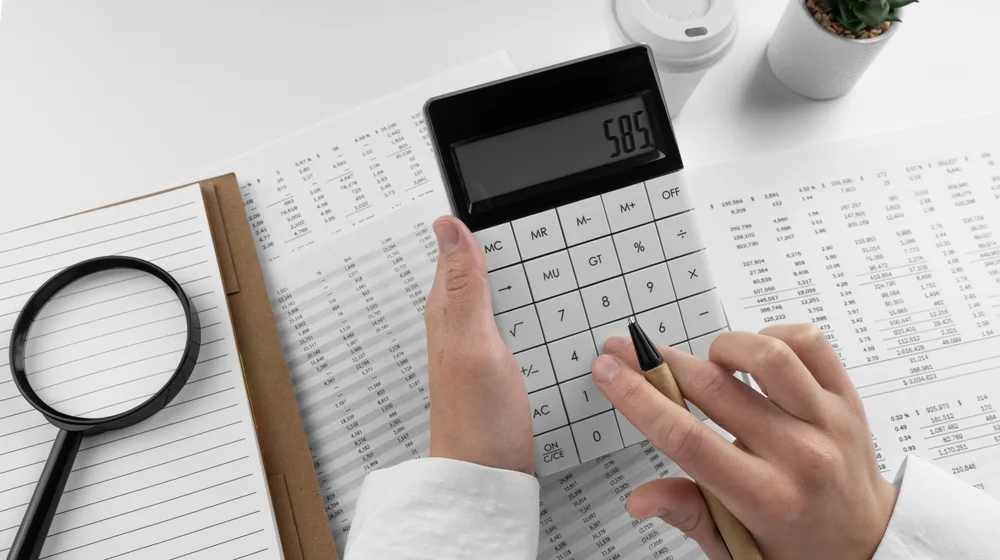Automated Accounting Systems and Financial Adjustments Course
Introduction:
This Automated Accounting Systems and Financial Adjustments course provides participants with practical and comprehensive knowledge of accounting principles and data flow within automated accounting systems. The course focuses on skills required for computerized recording, posting, and adjusting accounting entries, preparing for the financial closing process, and generating accurate financial statements.
Participants will explore the definition and functionality of automated accounting systems, addressing questions about their automated nature. The course includes topics on accounts payable and accounts receivable systems, which streamline financial operations.
Understanding the advantages and limitations of automated systems compared to manual accounting will help professionals utilize these technologies effectively. Accurate accounting adjustments are essential for reliable financial reporting.
Through detailed explanations and practice exercises, participants will gain insights into how automated accounting systems enhance business performance and support informed decision-making.
Objectives:
At the end of this Automated Accounting Systems and Financial Adjustments course, participants will be able to:
- Understand and apply basic accounting principles within automated systems.
- Record and post accounting entries accurately using accounting software.
- Perform end-of-period adjustments and closing entries.
- Prepare accurate and comprehensive financial statements.
- Analyze and evaluate the financial position of a business.
- Targeted Competencies:
- Proficiency in using accounting software.
- Knowledge of accounting principles and procedures.
- Ability to perform financial adjustments and closing entries.
- Skills in financial statement preparation and analysis.
- Attention to detail and accuracy in financial data management.
- Understanding and application of fundamental accounting concepts.
- Completion of adjusting and closing entries.
- Evaluation of a company’s financial status using adjusted financial statements.
- Utilization of accounting software for efficient financial reporting and analysis.
Training Methodology:
- Simulations
- Group Discussions
- Real Work Application Scenarios
- Quizzes and Assessments
- Peer Learning
- Review of Best Practices
Course Outline:
Unit 1: Accounting Concepts and Automated Accounting Tools
- Focus Group on Basic Accounting Principles:
- Definition and objectives of accounting.
- Recognized accounting principles and standards.
- A summary of the accounting cycle.
- A Picture of Accounting Processes In An Automated System:
- The data flow in an automated accounting system.
- Elements of a computerized accounting system.
- Advantages of computerized systems over manual accounting.
- Recording and Posting Accounting Entries:
- Types of software methods for recording accounting entries.
- Posting entries to ledgers and balancing the books.
- Software packages used in computerized accounting.
Unit 2: Adjusting Entries in Preparation and Recording
- The Need for Adjusting Entries: Description and Purpose:
- Objective of adjusting entries.
- Adjustment types: accruals, deferrals, estimates, and inventories.
- Adjusting Entries Control Procedure: Reason for Each Particular Entry.
- The Effects of Adjusting Entries in Financial Statements:
- Impact of adjustments on financial statements.
- Ensuring accurate reports free of material errors.
Unit 3: Making Closing Entries and Financial Statements
- Closing Entries: What Are They and How Are They Carried Out:
- Importance of closing entries.
- Procedure for performing closing entries.
- Closing and nominal accounts.
- Preparing Financial Statements:
- Elements of financial statements: income statement, balance sheet, and cash flow statement.
- Sequence of events in creating financial reports.
- Creating financial reports using computer-based accounting software.
- Financial Statements:
- Analyzing important financial figures obtained by ratio analysis.
- Assessing business financial health.
- Discovering patterns and making decisions from data.
Unit 4: Order and Timing, Detailed Management of Prepaid and Accrued Expense and Revenue
- Comprehension of Expenses:
- Meaning and examples of expenses and prepaid revenue.
- Treatment of prepaid expenses.
- Treatment of accrued revenues.
- Impact on Other Financial Statements:
- How prepayments and accruals affect financial reporting.
- Accuracy in financial statements.
- Case Studies and Practical Exercises:
- Practical examples of prepaid and accrued expenses.
- Training in recording changing events.
Unit 5: All Around Adjustments And Reconciliation of Accounts
- All Round Adjustments:
- Identifying accounts needing adjustments.
- Step-by-step procedure for performing adjustments.
- Ensuring no step is skipped in the adjustment process.
- Account Reconciliation:
- Aim and significance of account reconciliation.
- Procedure for account reconciliation using accounting software.
- Eliminating errors to maintain accurate financials.
- Finalizing Financial Reports:
- Verifying entries and modifications.
- Issuing accurate financial statements.
- Preparing for external audit evaluations.
Unit 6: Asset Accounting Basics
- Basic Definition and Overview of Asset Types:
- International guidelines - IFRS and GAAP.
- Asset Valuation and Depreciation:
- Asset valuation methods.
- Depreciation methods and essential factors.
- Impairment and revaluation.
Unit 7: Advanced Financial Analysis Using Excel
- Fundamentals Relating to Excel:
- Formulas and functions for financial analysis.
- Development of financial models.
- Asset Accounting in Excel:
- Establishing an asset register.
- Case Study: Asset Valuation and Depreciation.
- Intermediate Data Analysis Techniques:
- Using PivotTables and charts.
- Advanced chart techniques.
- Introduction to macros and VBA.
- Review of Key Concepts:
- Open Q&A session.
- Feedback and evaluations.


















